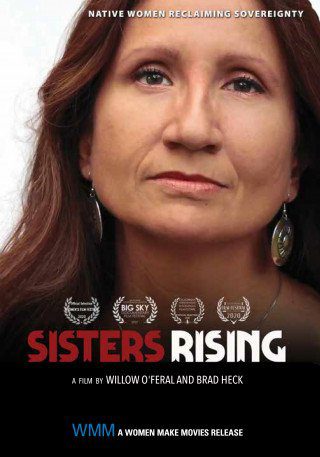The Native Justice Coalition has a variety of documentaries and films that we screen at our events! In the past, we have collaborated with our community partners to host virtual and in-person events. We are creative with approaches and how these films connect with our work.
For example, we can screen Sisters Rising, have a panel discussion, vigil, prayer, and fundraiser all in one. This event could be for MMIWG2S (Missing and Murdered Indigenous Women, Girls & Two-Spirits) justice combined with addressing other issues such as Native led harm reduction and healing justice.
We have the licensing rights to screen all the films listed below.
If you are interested in working with us please contact us today!
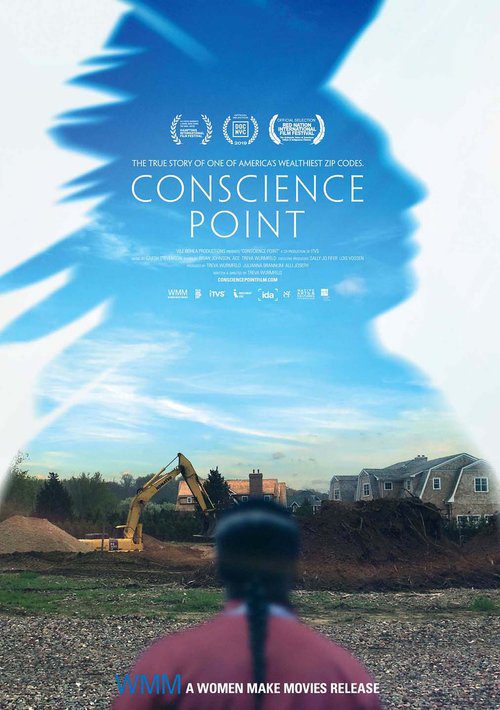
Conscience Point
Beneath the mystique of The Hamptons, among one of the wealthiest zip codes in the U.S., lies the history of the area’s original inhabitants. The Shinnecock Indian Nation were edged off their land over the course of hundreds of years, pushed onto an impoverished reservation, and condemned to watch their sacred burial grounds plowed to make way for mega-mansions and marquee attractions like the exclusive Shinnecock Hills Golf Club–five-time host of the U.S. Open.
CONSCIENCE POINT tracks this fractured history alongside the path of one woman determined to make a stand: Shinnecock activist Rebecca “Becky” Hill-Genia who, together with other tribal members and allies, has waged a relentless, years-long battle to protect the land and her tribe’s cultural heritage from the ravages of development and displacement. Now both the Shinnecock Nation and town residents face a new challenge; the onslaught of elite newcomers who threaten the very place they intend to cherish.
Dawnland
For decades, child welfare authorities have been removing Native American children from their homes to “save them from being Indian.” In Maine, the first official Truth and Reconciliation Commission in the United States begins a historic investigation. Dawnland goes behind-the-scenes as this historic body grapples with difficult truths, redefines reconciliation, and charts a new course for state and tribal relations. Dawnland aired on Independent Lens on PBS in November 2018 reaching more than 2 million viewers. The film won a national Emmy® Award for Outstanding Research in 2019 and made the American Library Association’s list of 2020 Notable Videos for Adults: “a list of 15 outstanding films released on video within the past two years.”
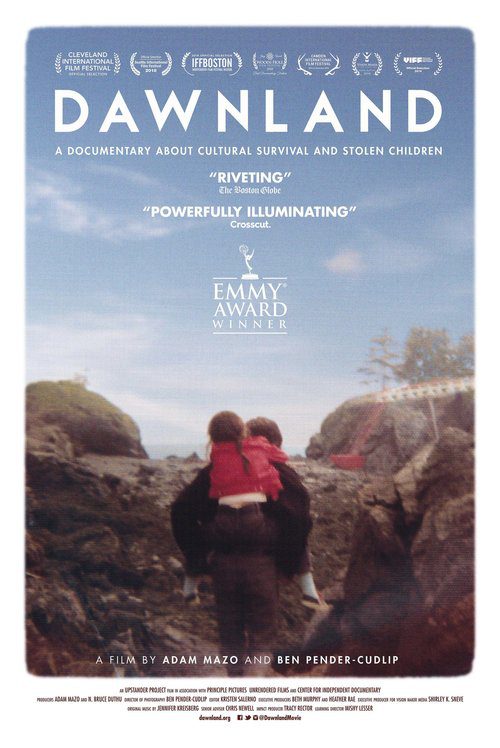
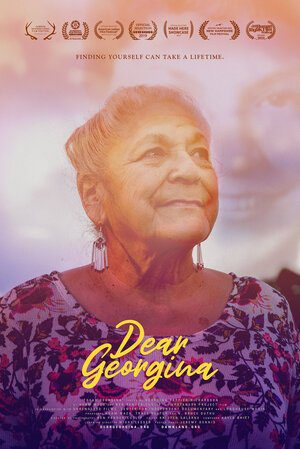
Dear Georgina
At age two Georgina Sappier-Richardson was removed from her home and Passamaquoddy community in downeast Maine by child protection services. She would never see her parents again. Terror and abuse followed over 16 years in four different foster homes.
Dear Georgina follows this Passamaquoddy elder from Motahkomikuk as she tries to fill in the blurry outlines of her identity. Now a grandmother Georgina is still attempting to re-integrate herself into the community she barely knew.
Home From School
In 2017, a delegation of Northern Arapaho tribal members traveled from Wyoming to Pennsylvania to retrieve remains of three children who died at Carlisle Indian Industrial school in the 1880s. It’s a journey into the troubled history of Indian boarding schools and a quest to heal generational wounds.
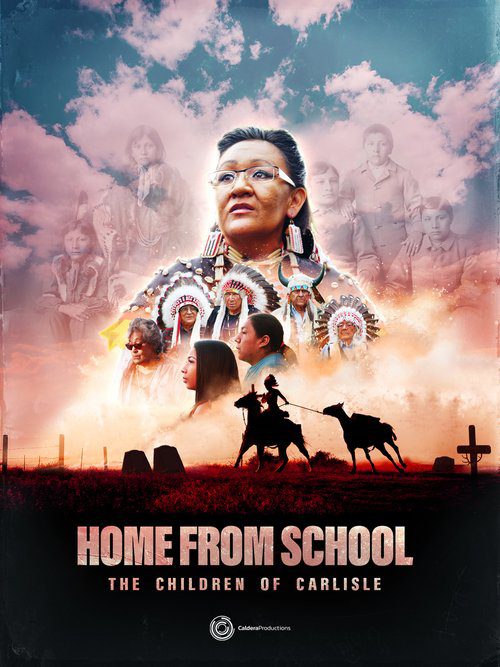
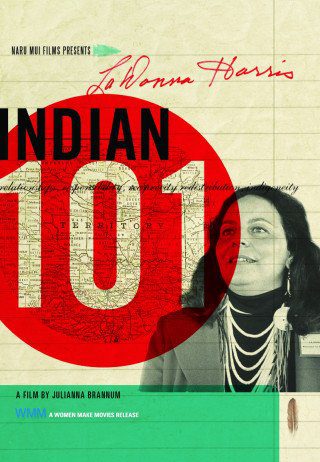
Ladonna Harris: Indian 101
LADONNA HARRIS: INDIAN 101 from Comanche filmmaker Julianna Brannum, chronicles the life of Comanche activist and national civil rights leader LaDonna Harris and the role that she has played in Native and mainstream America history since the 1960s. In this new verite style documentary, Brannum, the great niece of Harris, celebrates her life and the personal struggles that led her to become a voice for Native people and her contemporary work to strengthen and rebuild indigenous communities and train emerging Native leaders around the world.
Harris’s activism began in Oklahoma, fighting segregation and assisting grassroots Native and women’s groups. In Washington LaDonna introduced landmark programs and legislation returning territory to tribes, improving education and healthcare for Native Americans, ending job discrimination against women, and targeting other pressing issues of the time. For over three decades, “Indian 101,” her course for legislators, combatted ignorance about America’s most marginalized population. Using interviews, archival footage and photographs, this film justly celebrates one of the most important women leaders in Native American and U.S. history.
Sisters Rising
SISTERS RISING is the story of six Native American women fighting to restore personal and tribal sovereignty in the face of ongoing sexual violence against Indigenous women in the United States.
Native American women are 2.5 times more likely to experience sexual assault than all other American women. 1 in 3 Native women report having been raped during her lifetime and 86% of the offenses are committed by non-Native men. These perpetrators exploit gaps in tribal jurisdictional authority and target Native women as ‘safe victims’. The film follows six women who refuse to let this pattern of violence continue in the shadows: a tribal cop in the midst of the North Dakota oil boom, an attorney fighting to overturn restrictions on tribal sovereignty, a teacher of Indigenous women’s self-defense, grassroots advocates working to influence legislative change, and the authour of the first anti-sex trafficking code to be introduced to a reservation’s tribal court. Their stories shine an unflinching light on righting injustice on both an individual and systemic level.
SISTERS RISING is an urgent call to action, a gorgeous portrait of powerful women acting in solidarity, and a demand for tribal sovereignty and self-determination as the necessary step towards ending violence against Native women.
